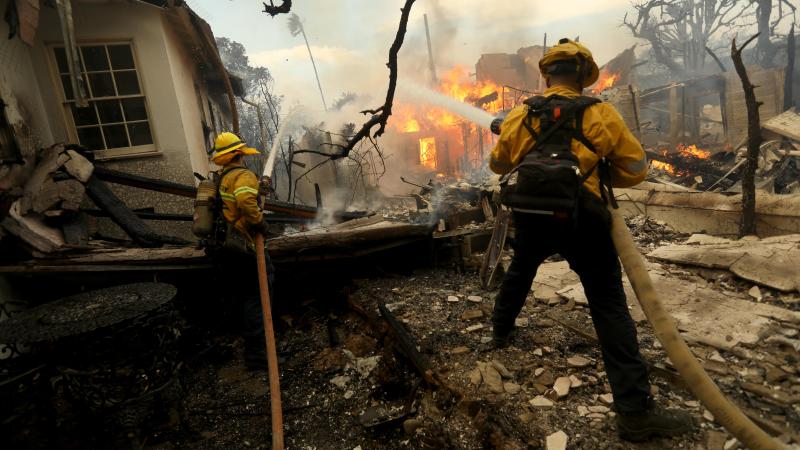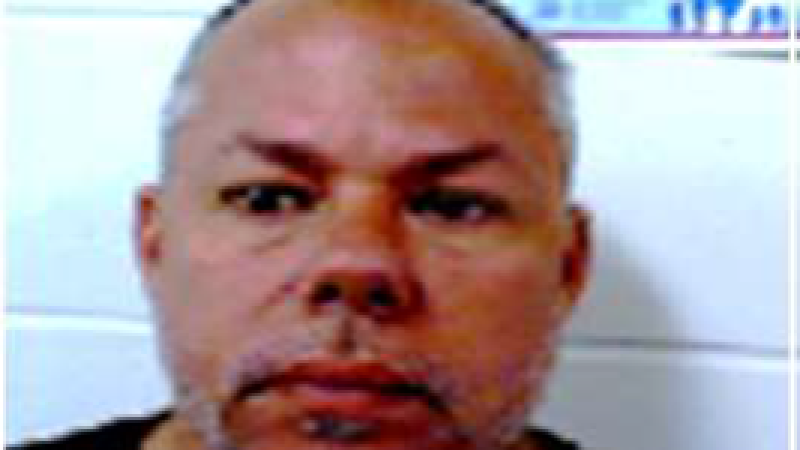California Governor Newsom touts crime drop, local data less rosy
In Oakland, reported crime is down 33%, but 97% of reported car break-ins in Oakland aren’t included in the department’s crime, suggesting real decreases in crime may not be as prominent.
(The Center Square) - In his State of the State pre-recorded video address, California Governor Gavin Newsom continued to repeat claims about greater than 30% declines in crime in the Bay Area that seem to face challenges from local crime data.
Newsom devoted much of the video to national politics, drawing a sharp comparison between safety in Republican states compared to California, before going into further detail on supposed improvements in California crime statistics.
“[Red states] couldn’t be more divorced from reality. “Their entire crime agenda narrative is about diversion and distraction,” Newsom said. “Cities like Jacksonville and Memphis have significantly higher homicide rates than San Francisco and Los Angeles.”
Jacksonville, Florida and Memphis, Tennessee are in Republican states but have Democratic mayors.
“Property crime in San Francisco is down 32 percent,” Newsom continued. “In Oakland, where the California Highway Patrol has done outstanding work this year alongside local law enforcement, there has been a remarkable 33 percent overall drop in crime.”
In Oakland, reported crime is down 33%, but 97% of reported car break-ins in Oakland aren’t included in the department’s crime, suggesting real decreases in crime may not be as prominent; in one month where the department said there were 30 total break-ins NBC Bay Area found there were 30 reported break-ins per day.
Of Oakland’s reported 33% annualized decrease in crime, most of the decrease was from 50% decreases in reported larceny and burglary, and a 12% decrease in motor vehicle theft. Meanwhile, robberies, which differ from larceny and burglary in that force or threats are used to take property and thus are felonies, were up 11%, from 949 to 1,050.
San Francisco’s crime data paints a similar picture. In San Francisco, there were 14,425 Part I property crimes reported between January 1 and June 17 2024, 32% fewer than the year prior for the same time. Part I property crimes include burglary, motor vehicle theft, arson, and larceny. Larceny — which includes most nonviolent theft aside from fraud and burglaries — reports declined 38%, while burglary reports declined 16% and motor vehicle thefts 17%. With 21,187 crimes in the same period in 2023, 86% of the decrease in San Francisco crime reporting was from larceny reductions.
Business leaders say these reductions aren’t from actual reductions in crime, but due to less crime reporting.
“We know that there is underreporting. Since Prop 47 was passed, murder, rape and robbery increased by more than 20% in the number of crimes. Same holds true for motor vehicle theft which is up 19.8% since the passage of Proposition 47. The only significant drop is burglary at 30%,” said Matt Ross, Communications Director for Californians Against Retail & Residential Theft. “So either California is doing an amazing job at stopping burglary when every other crime stat is on the increase, or there is underreporting.”
When one San Francisco Target began reporting all theft, the store became the source of half the shoplifting reports in the whole county and doubled the number of the county's shoplifting reports, suggesting that theft is being significantly underreported compared to other crimes that come with harsher punishment. Proposition 47, which requires serial theft of values less than $950 per theft and trafficking of hard drugs to be charged as misdemeanors, not felonies, is blamed by many for the state’s retail losses.














